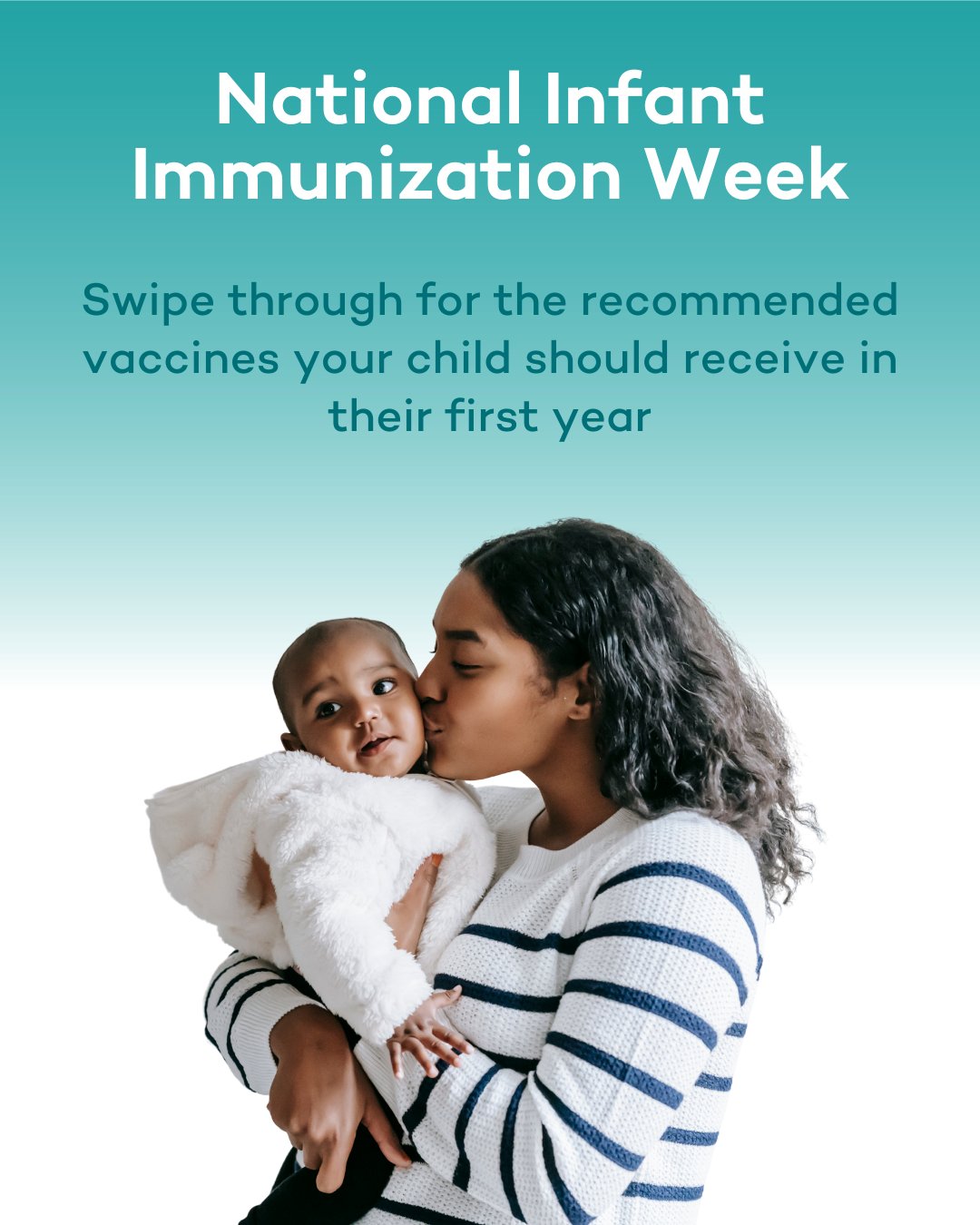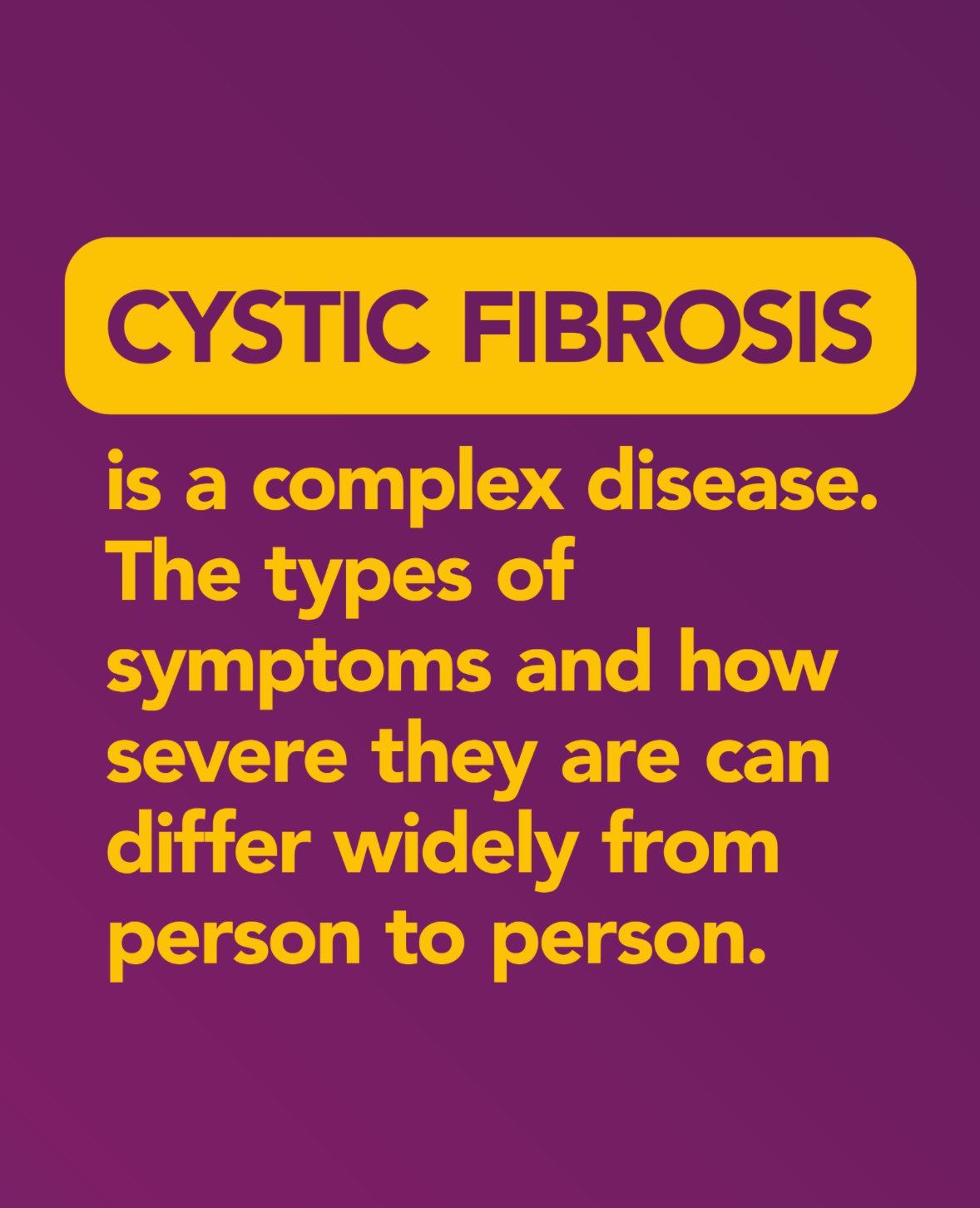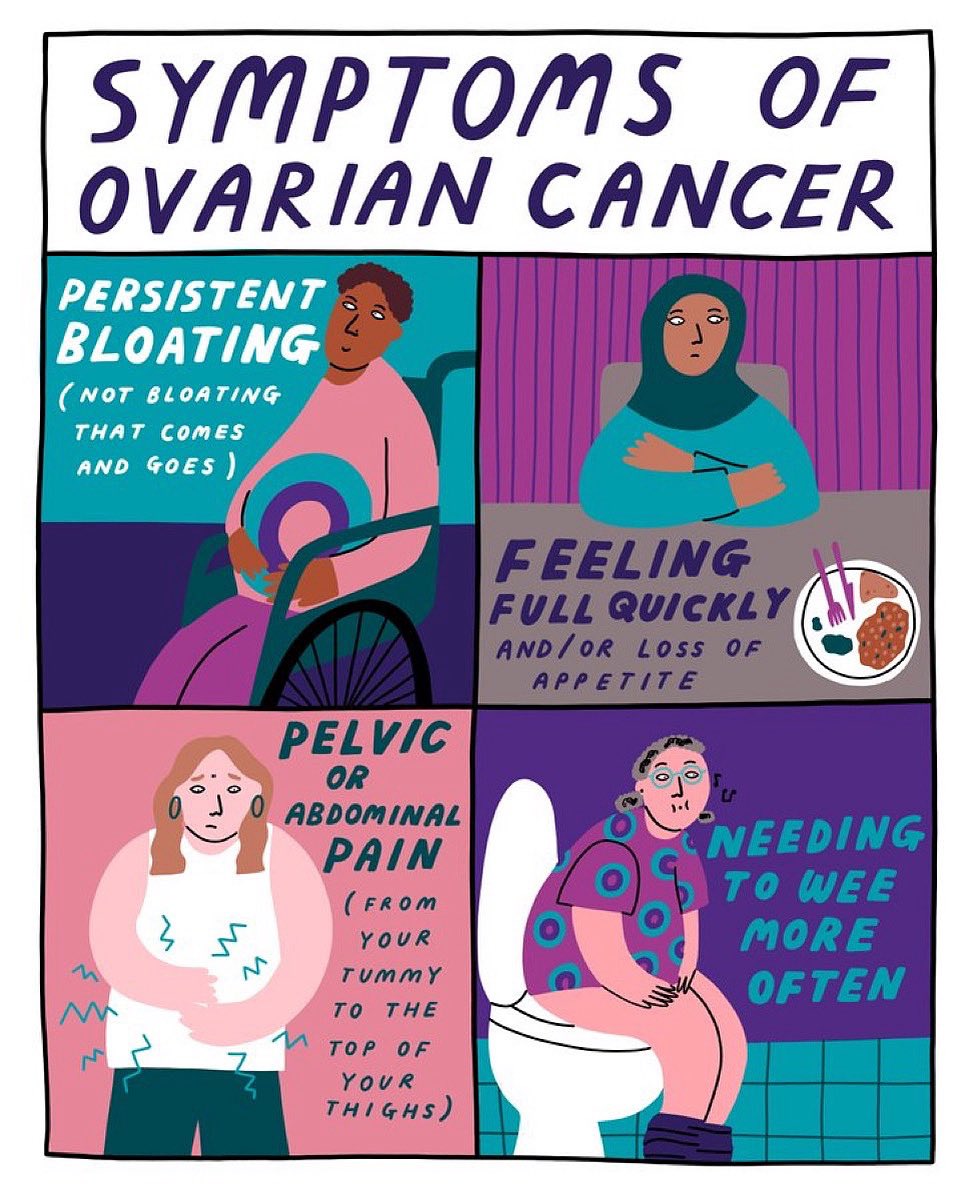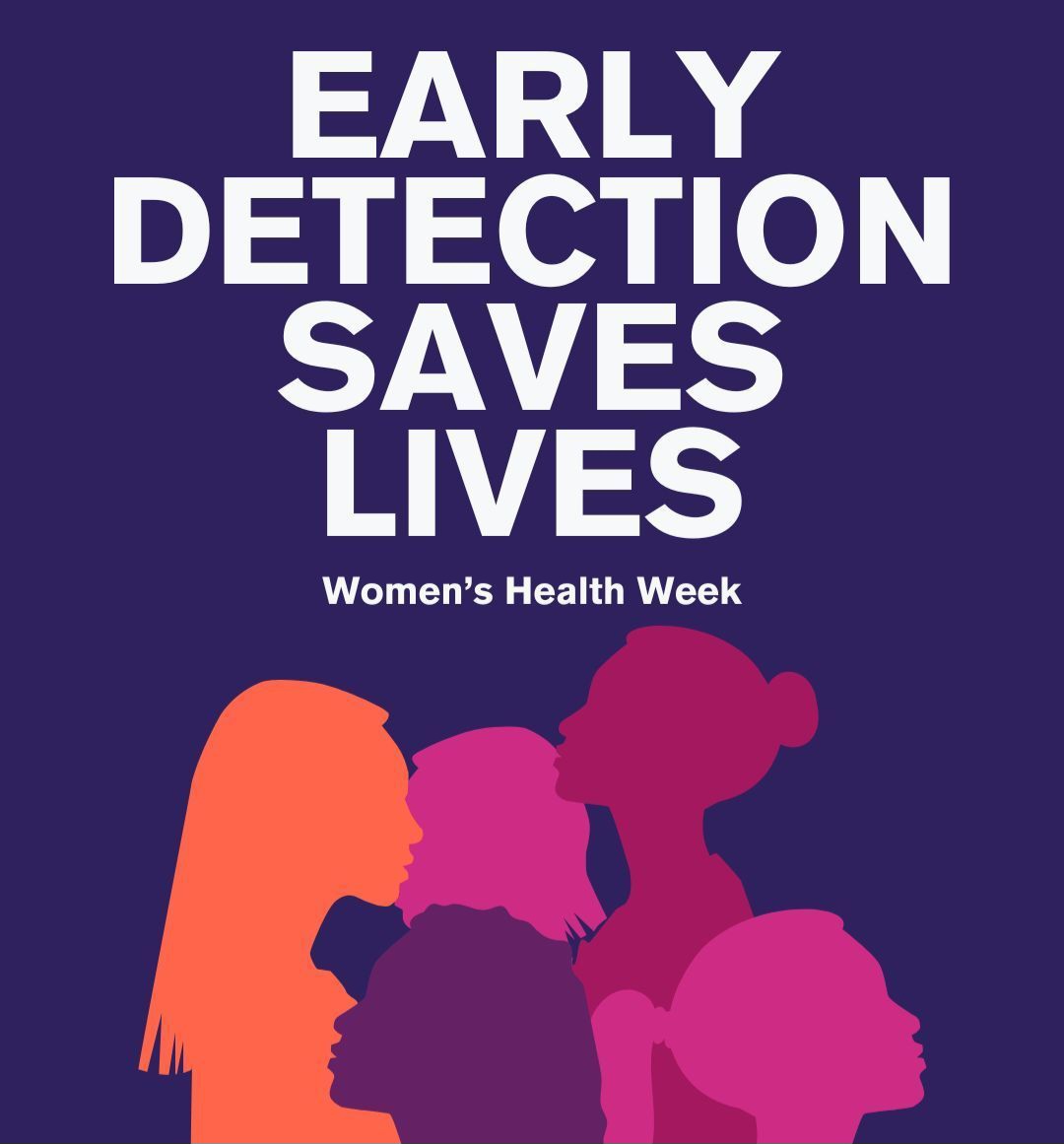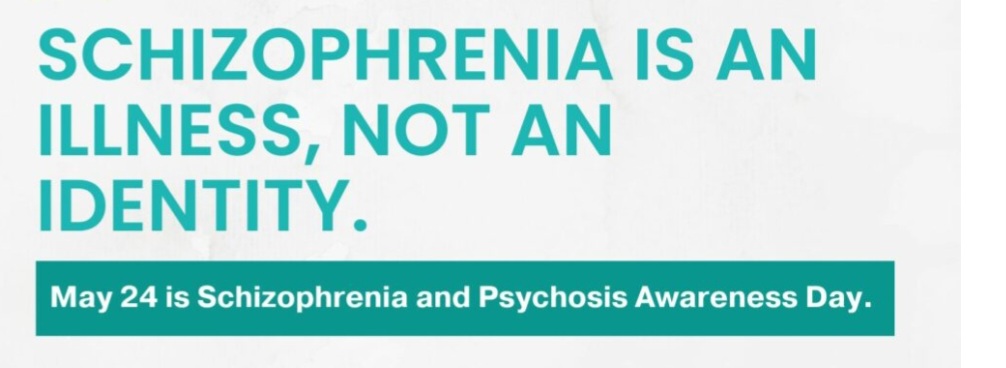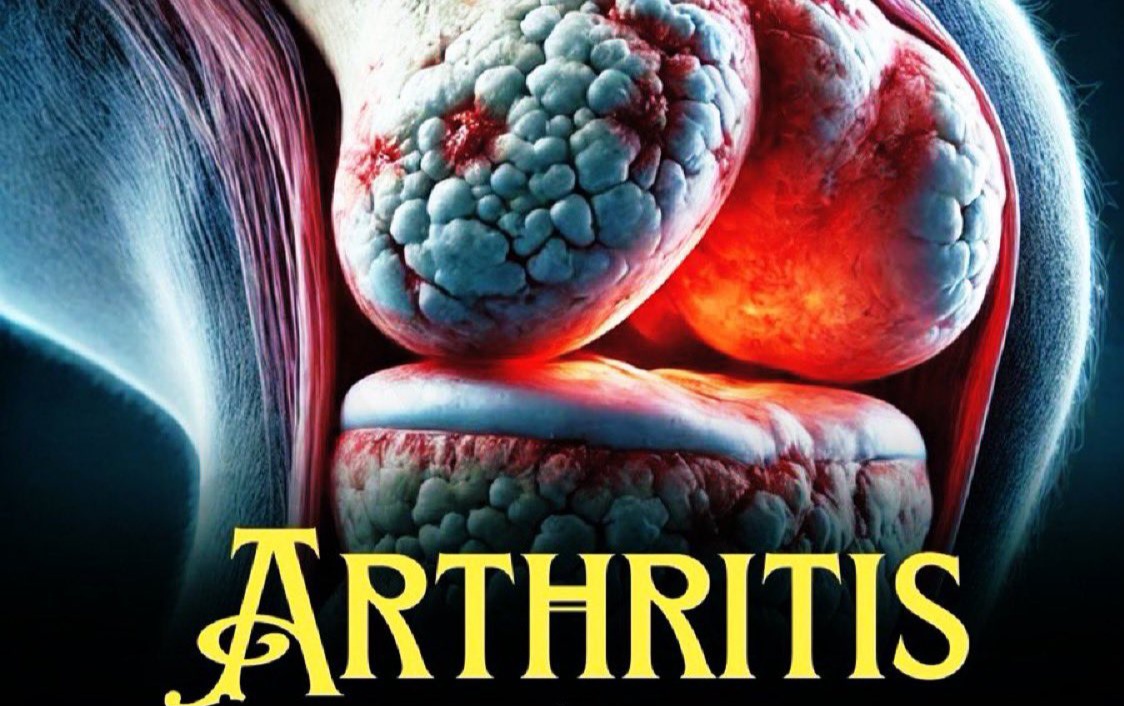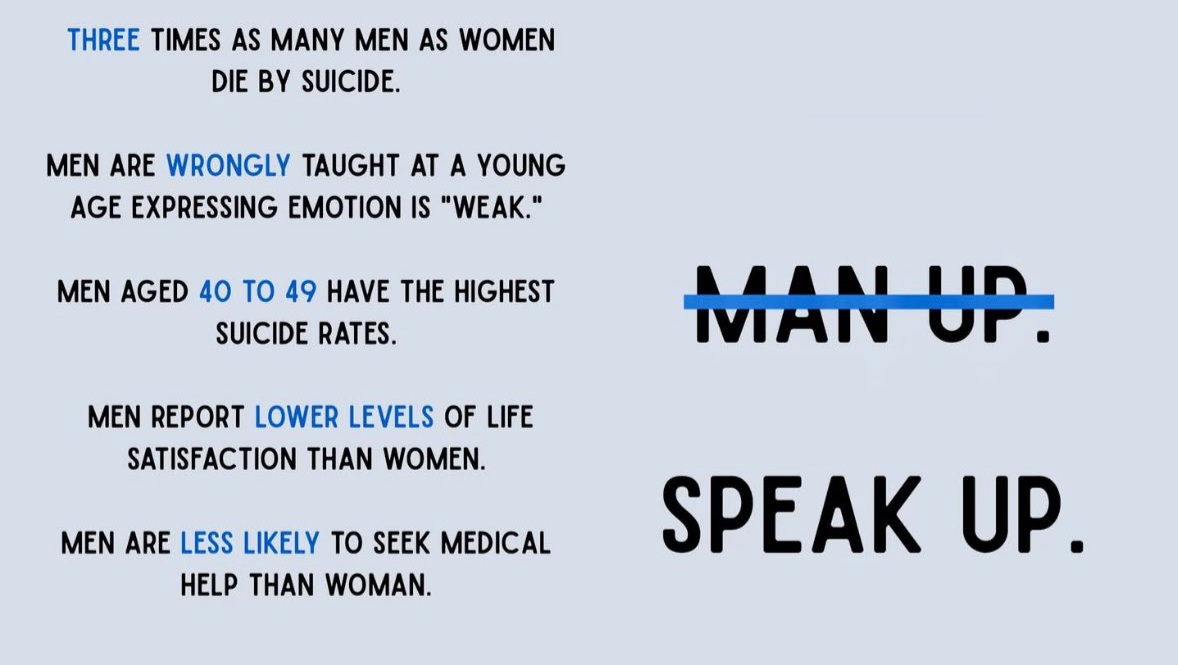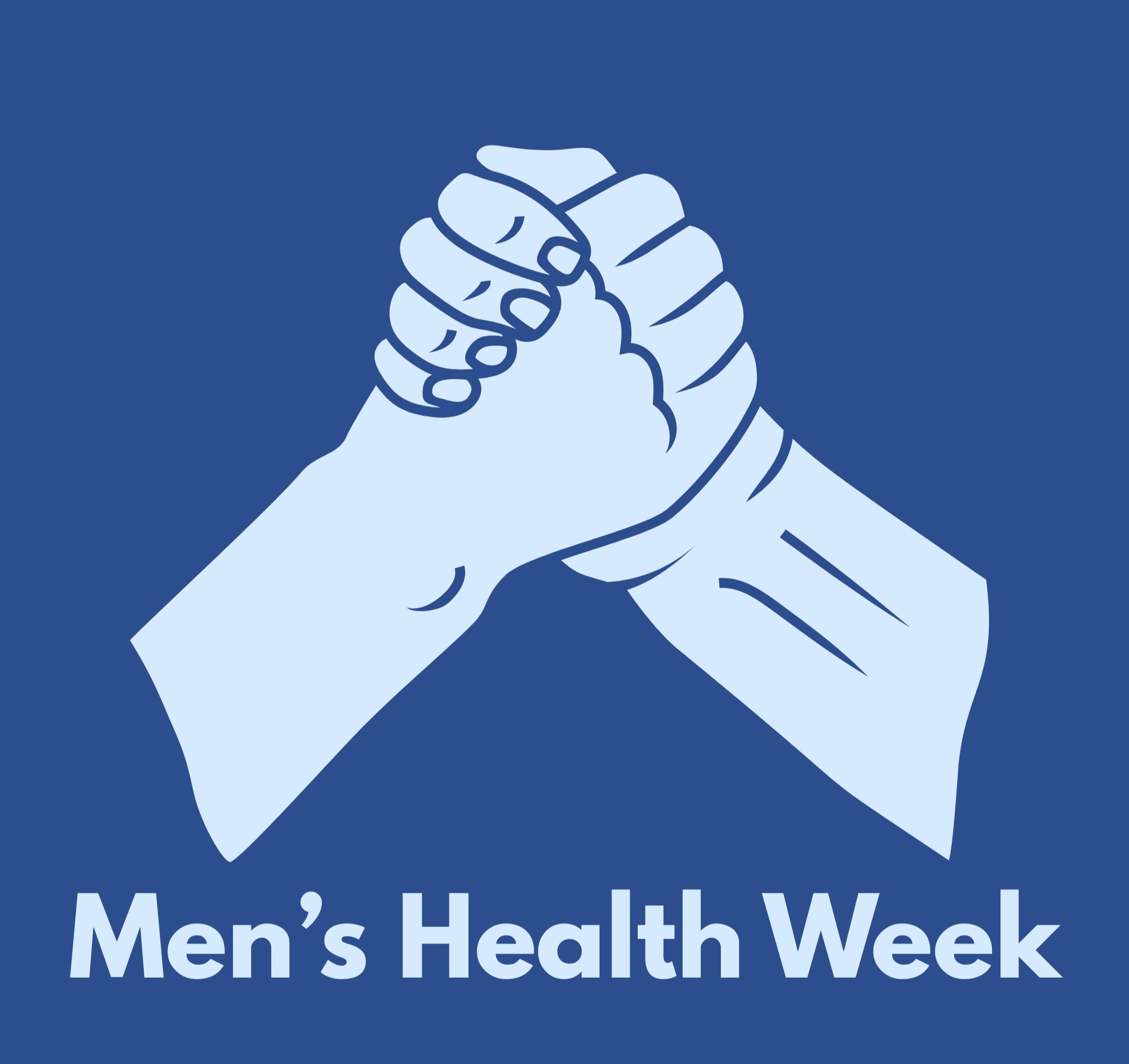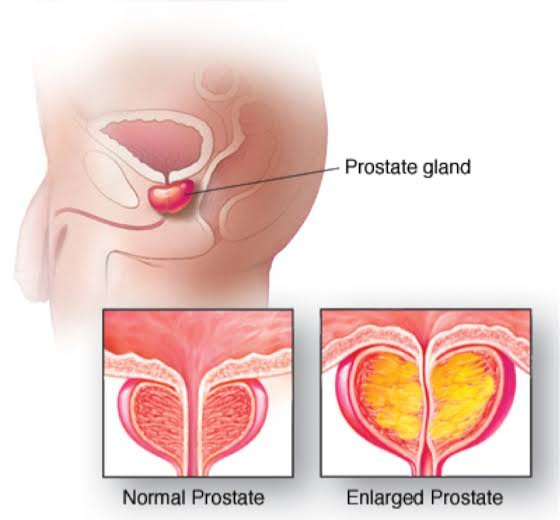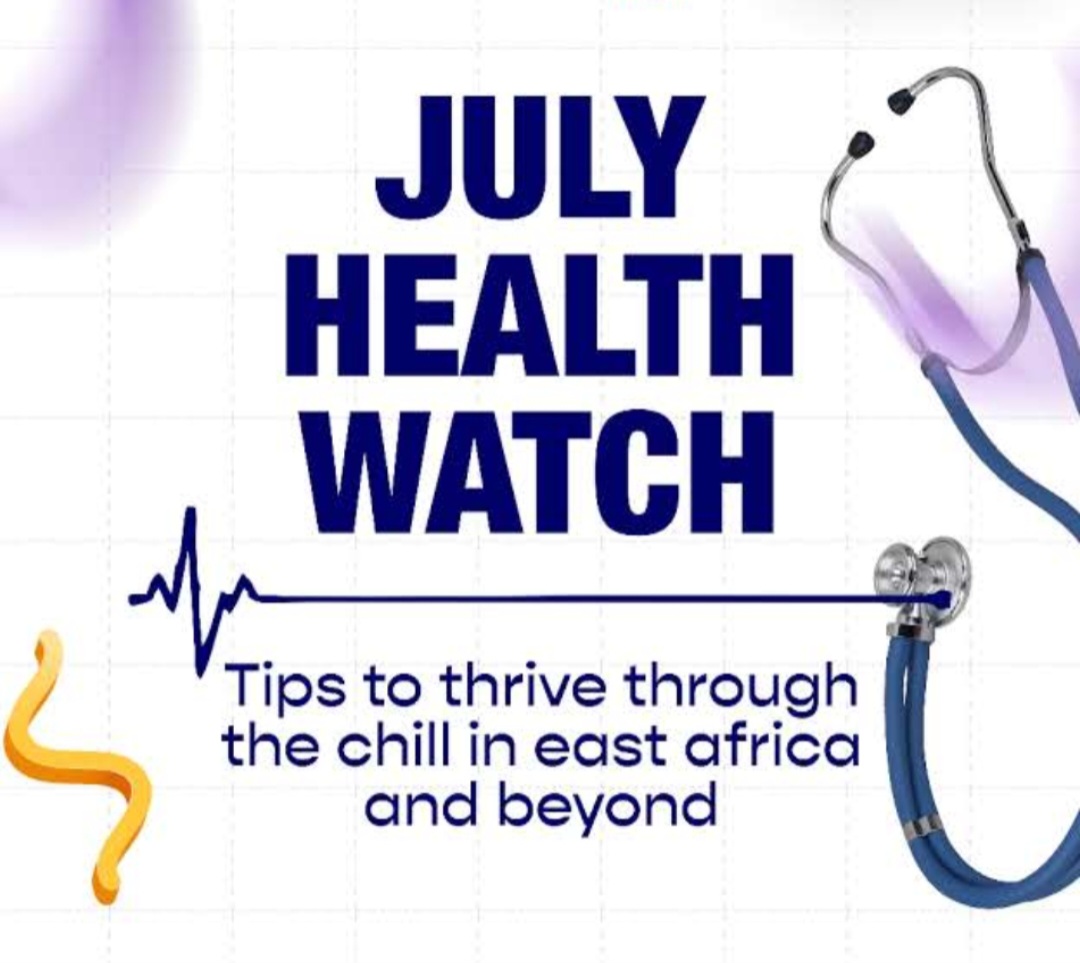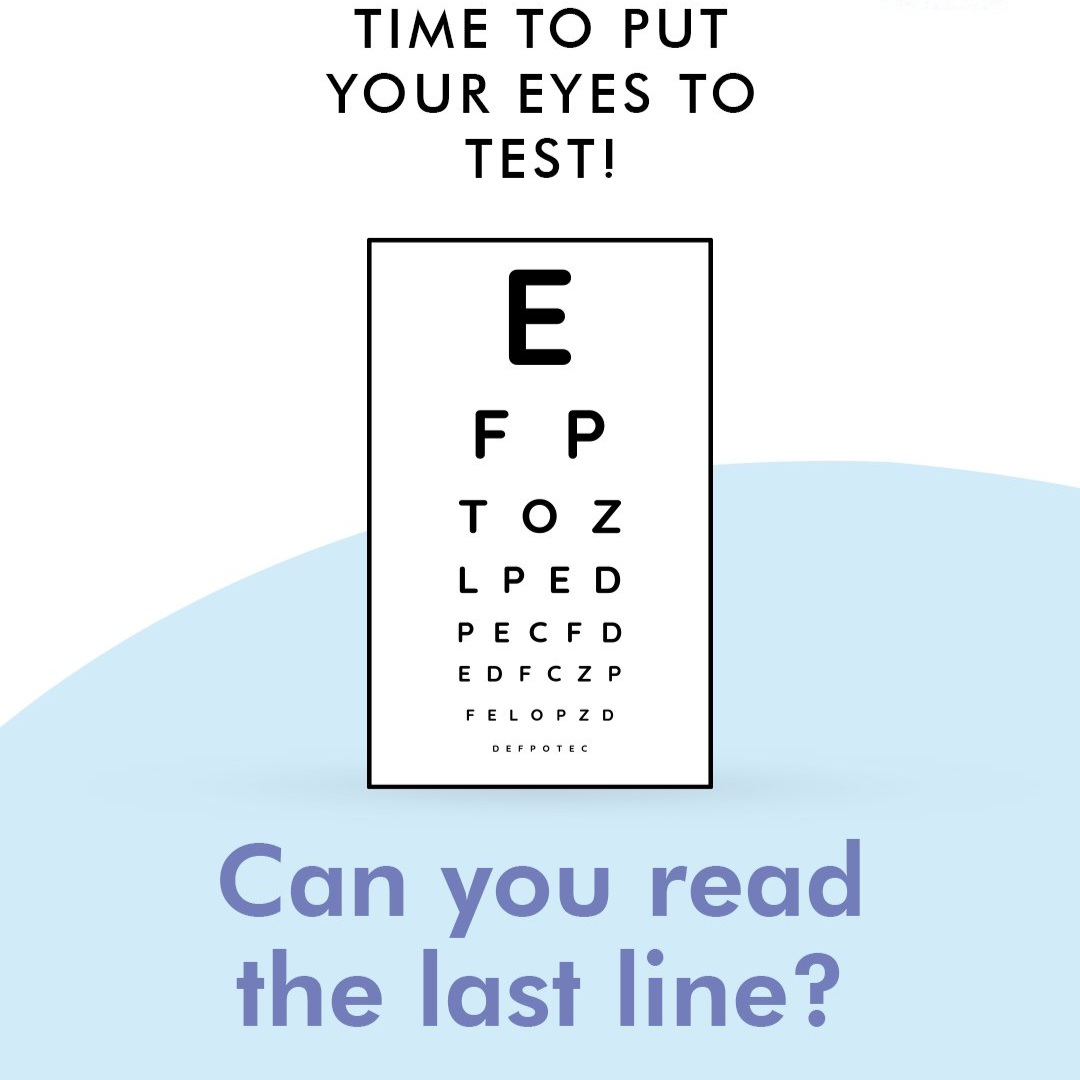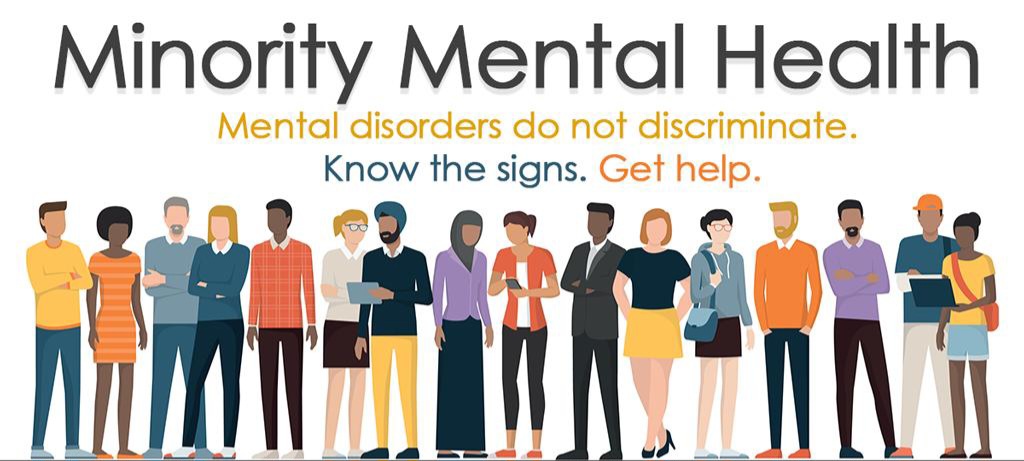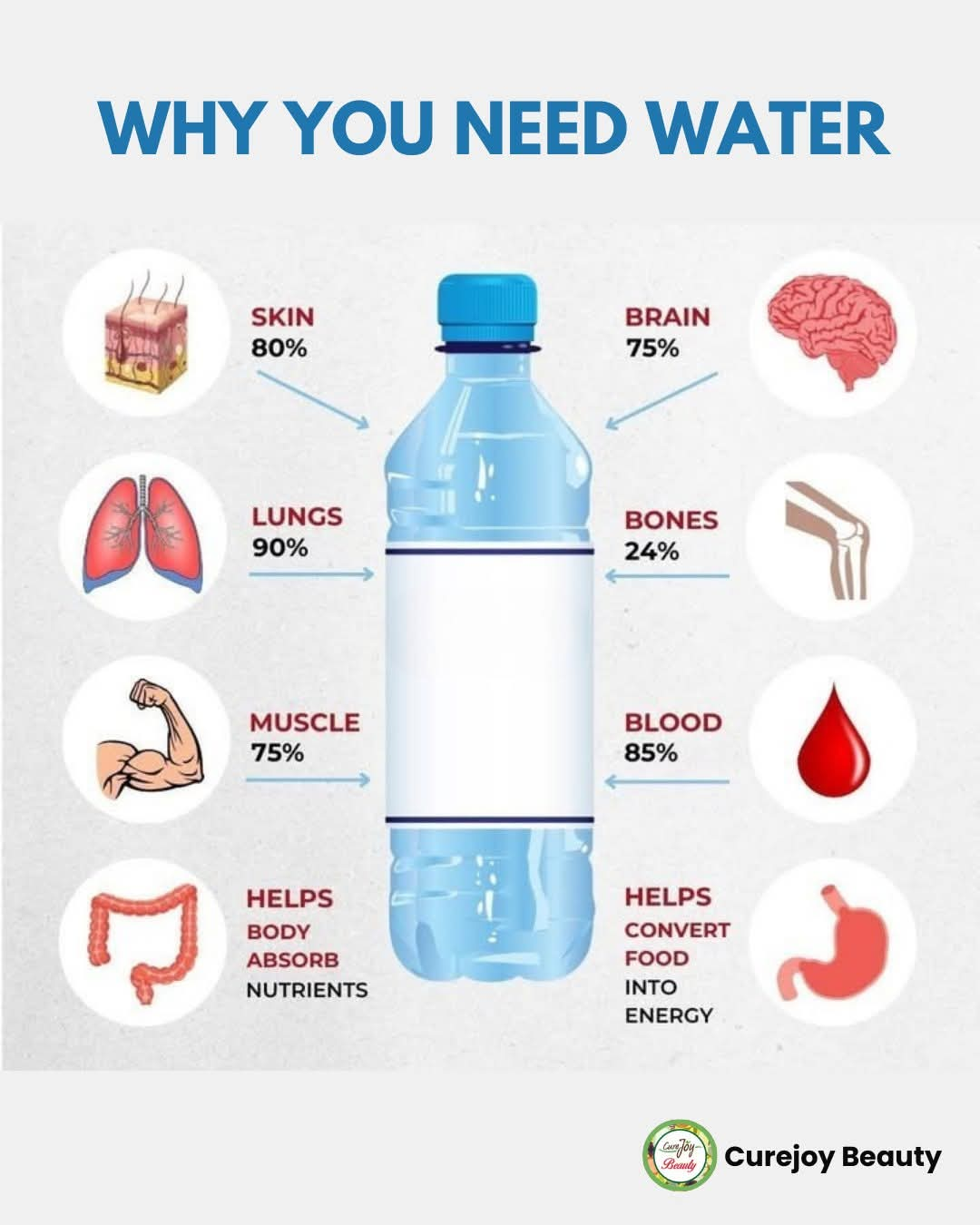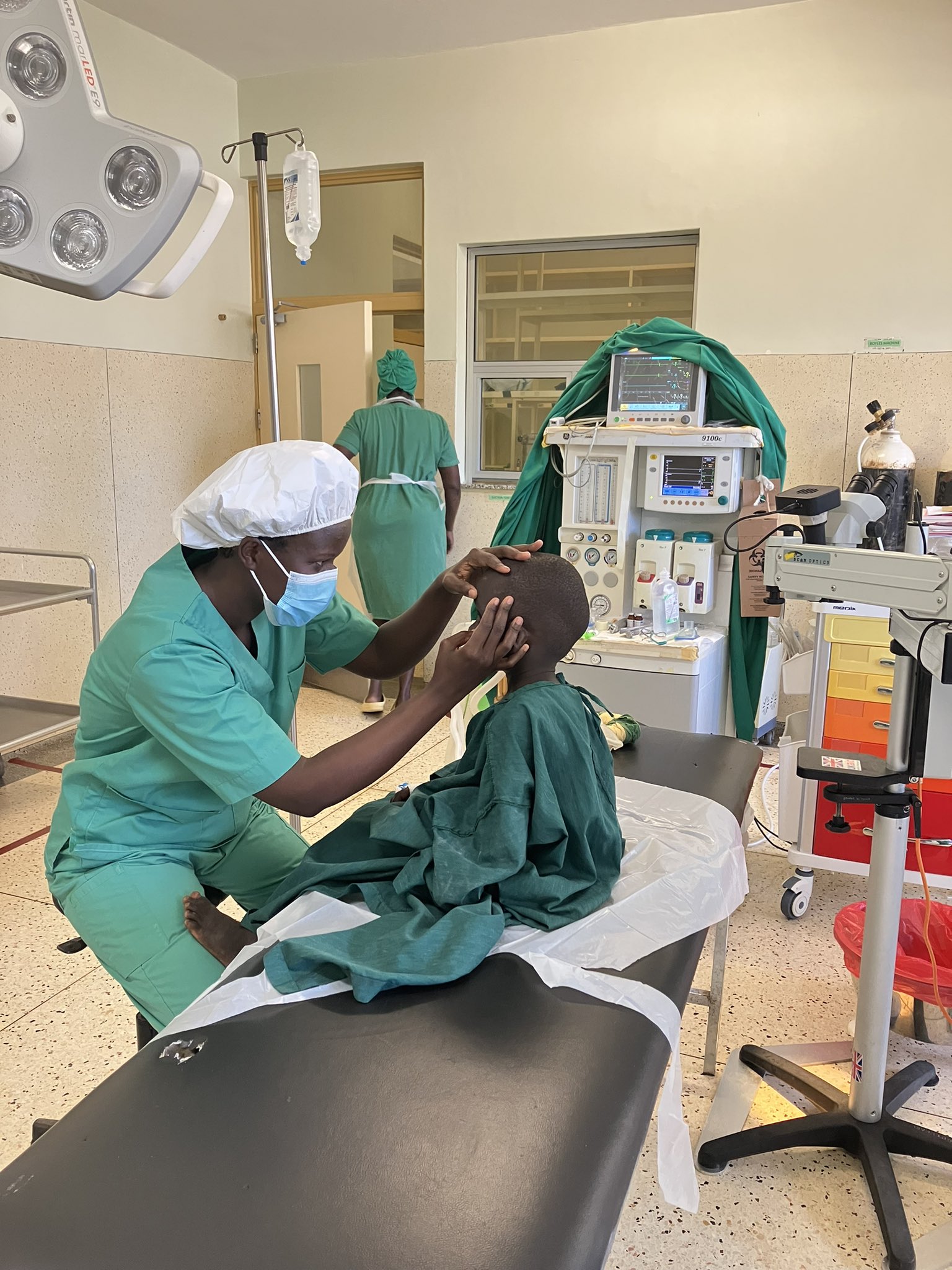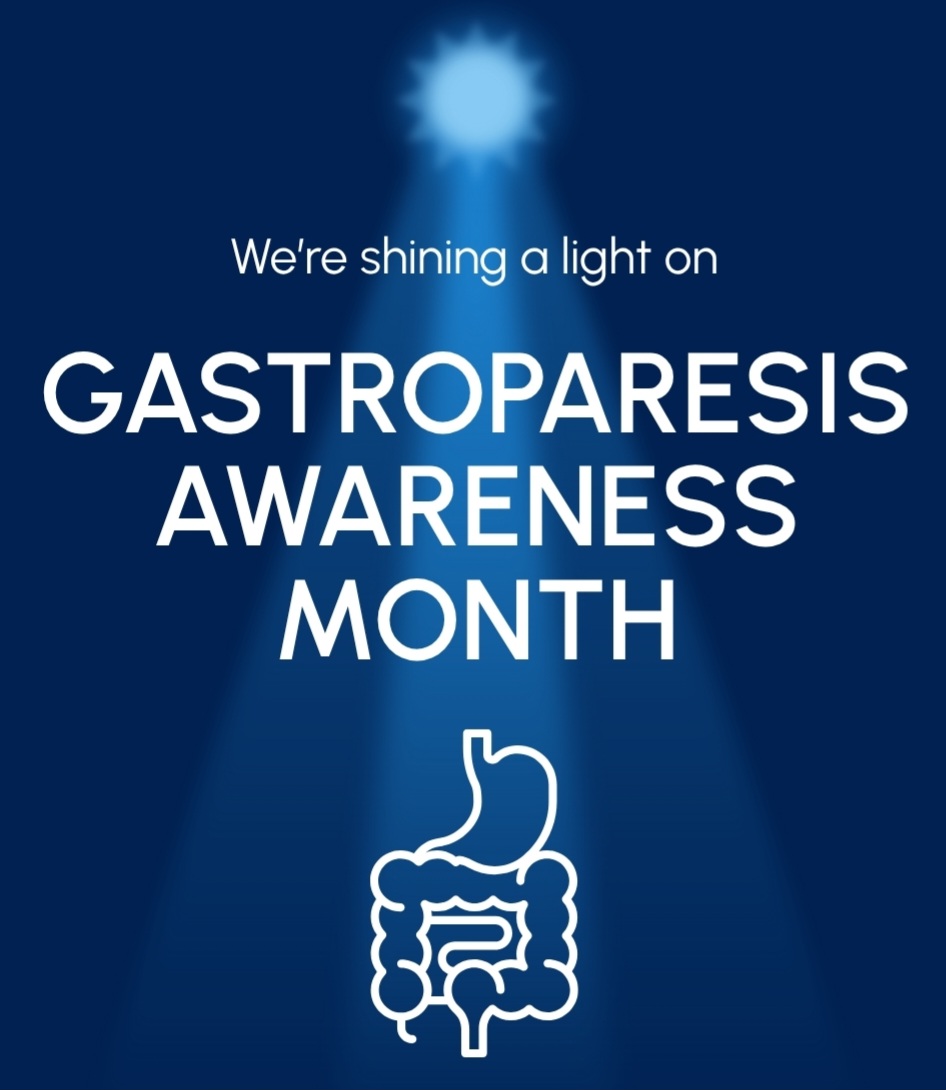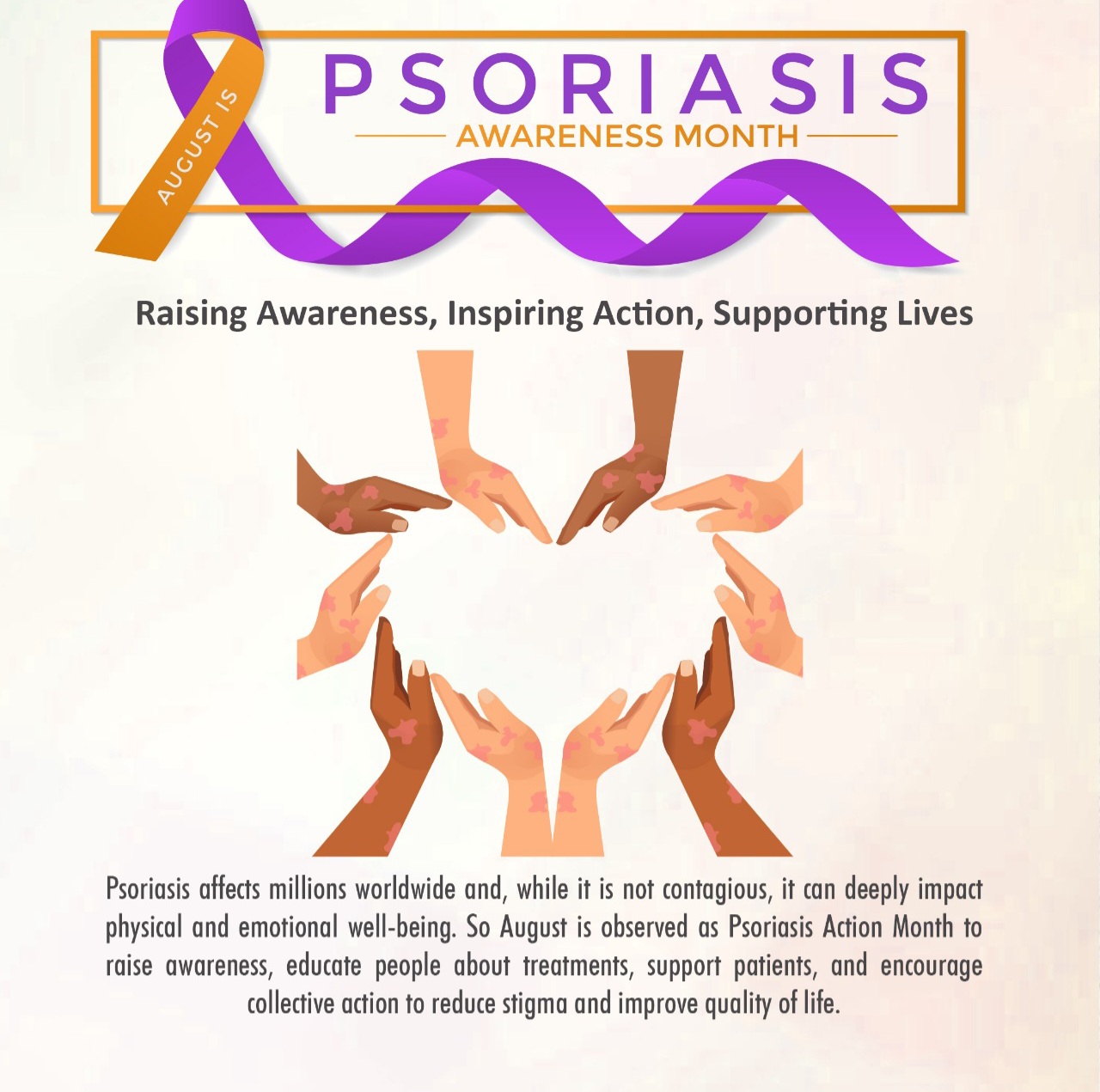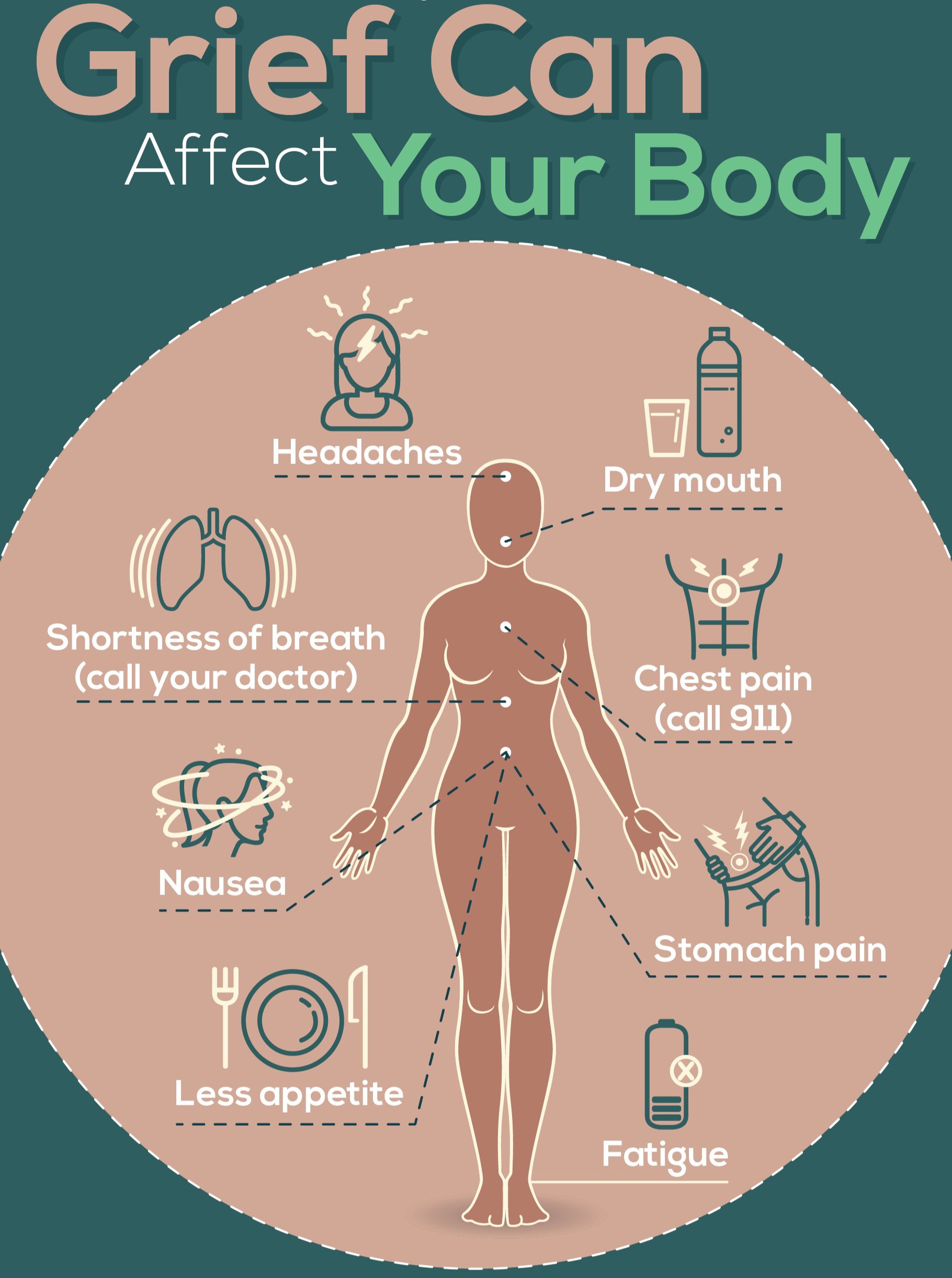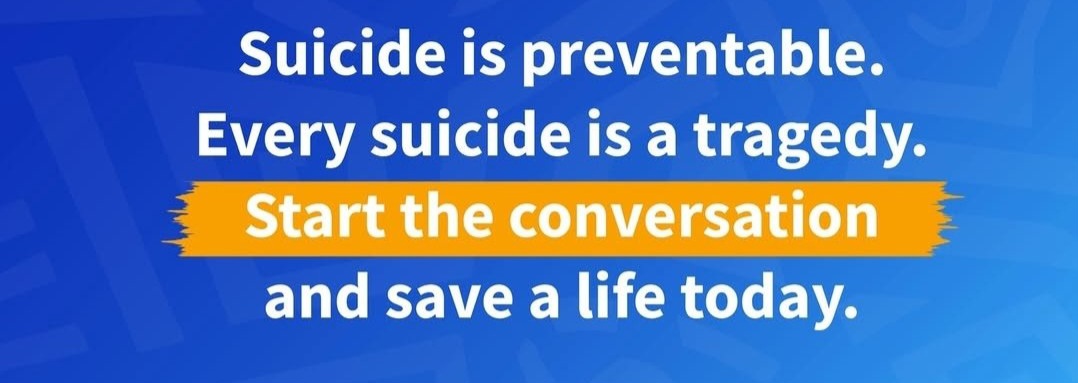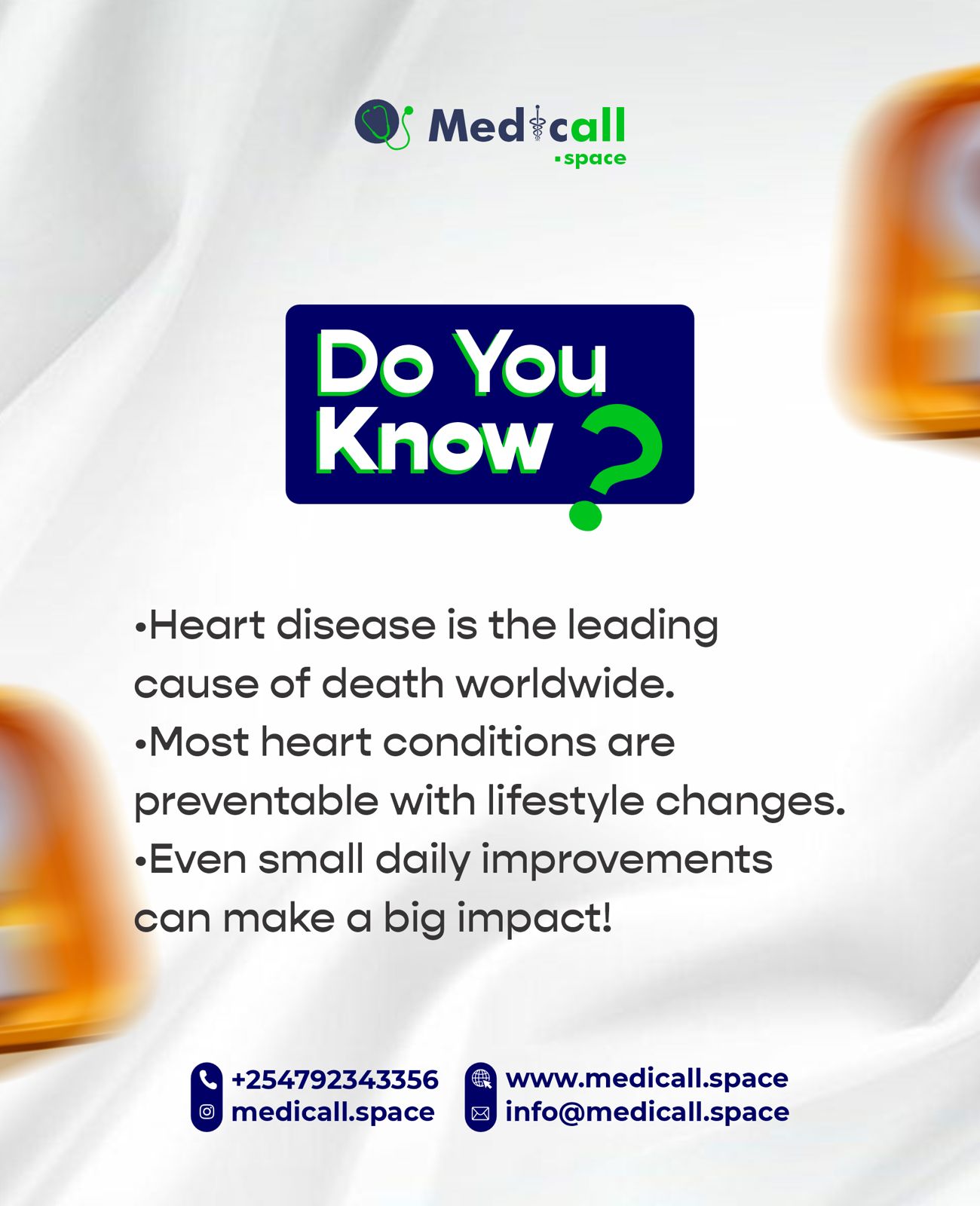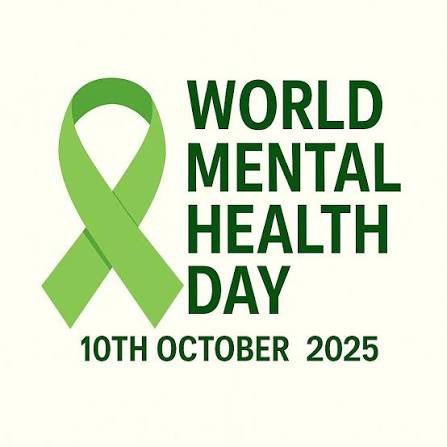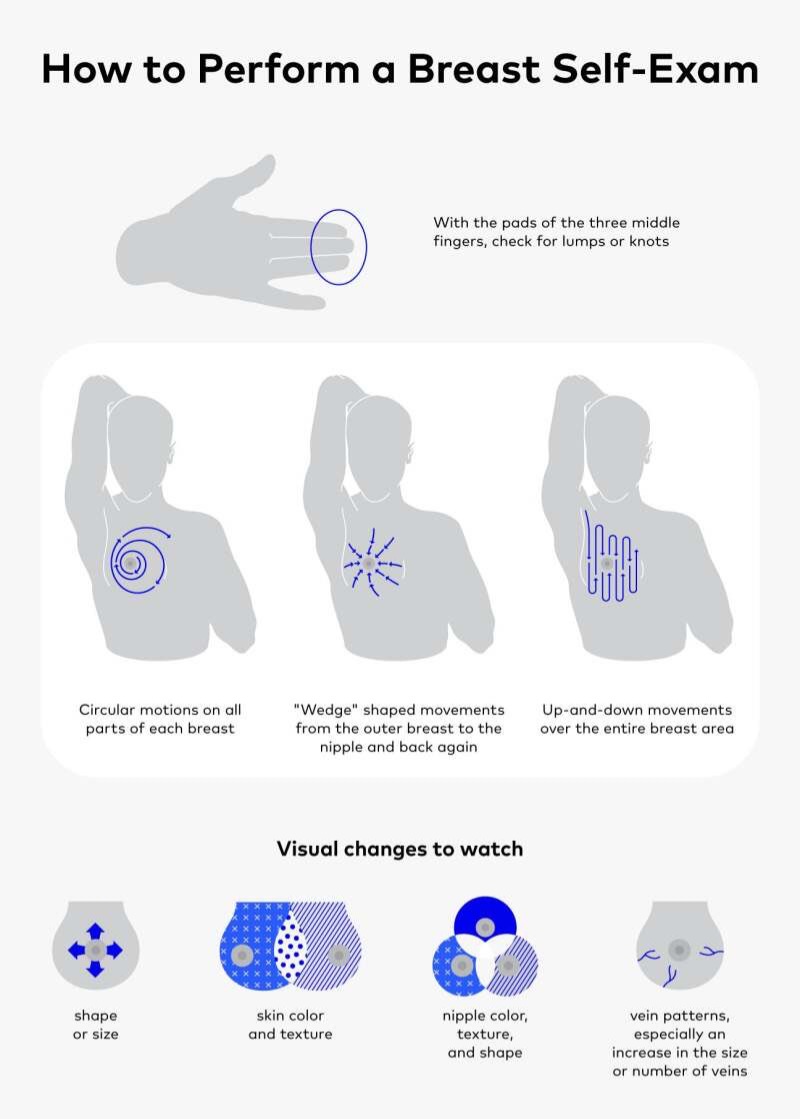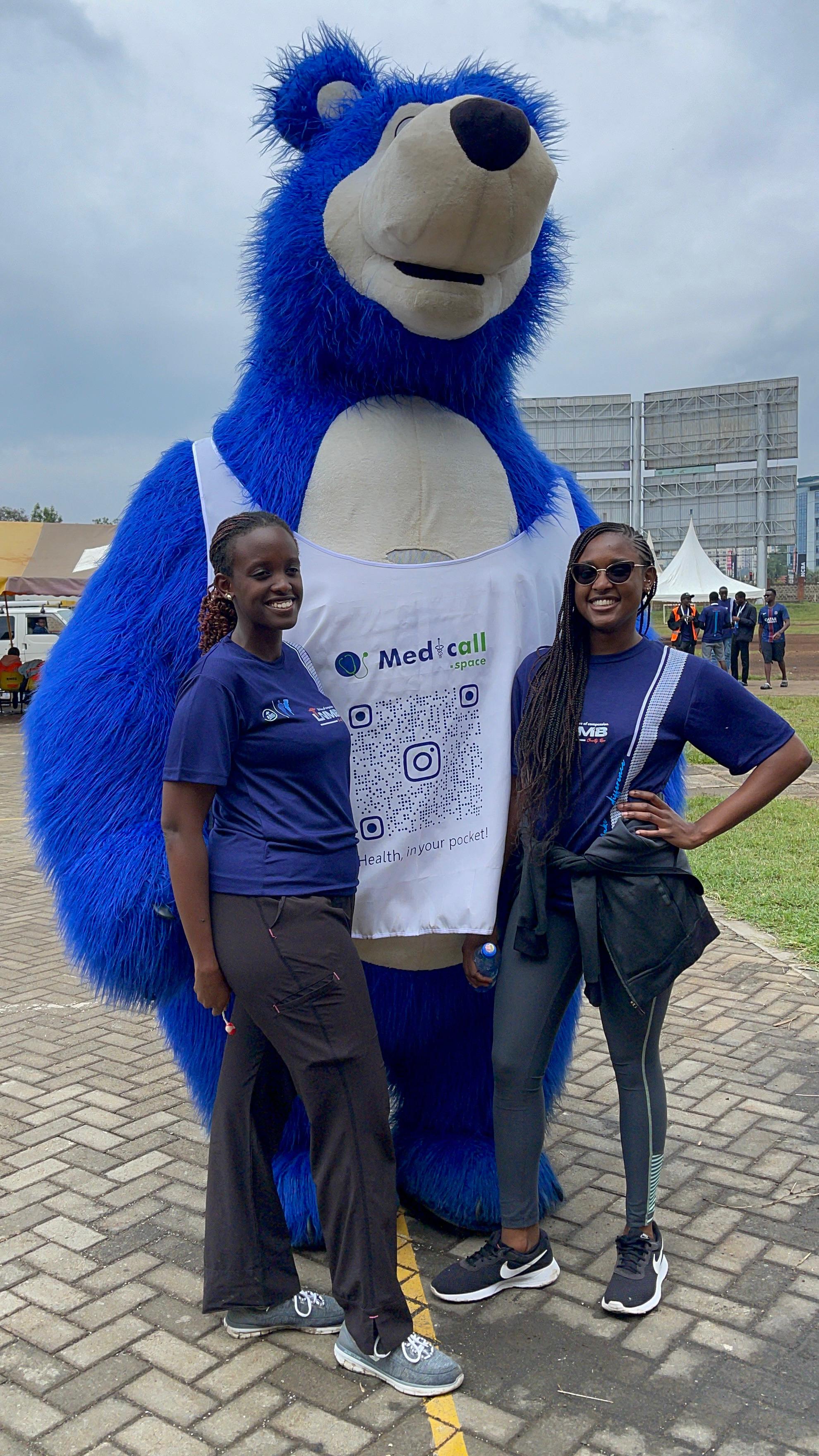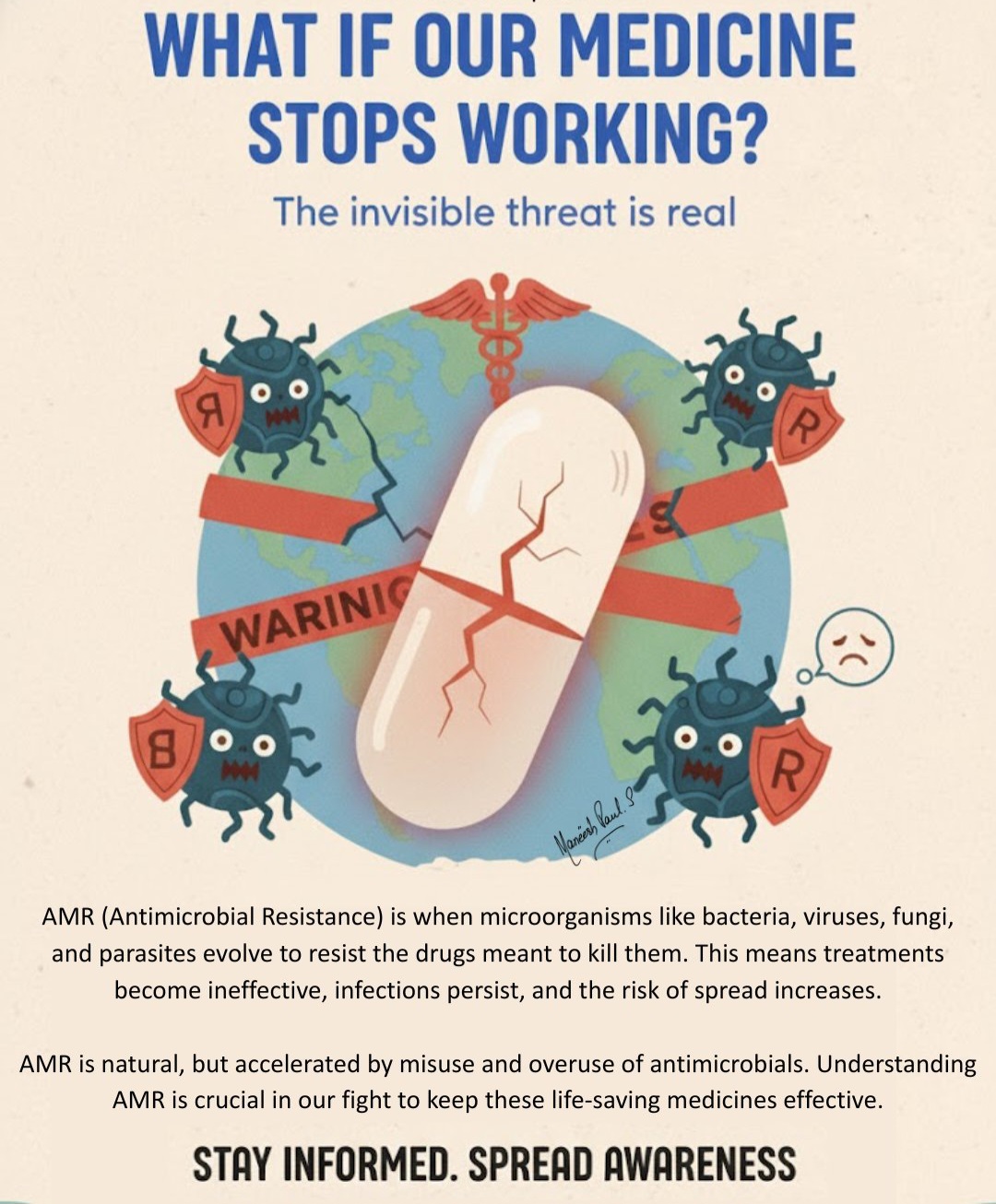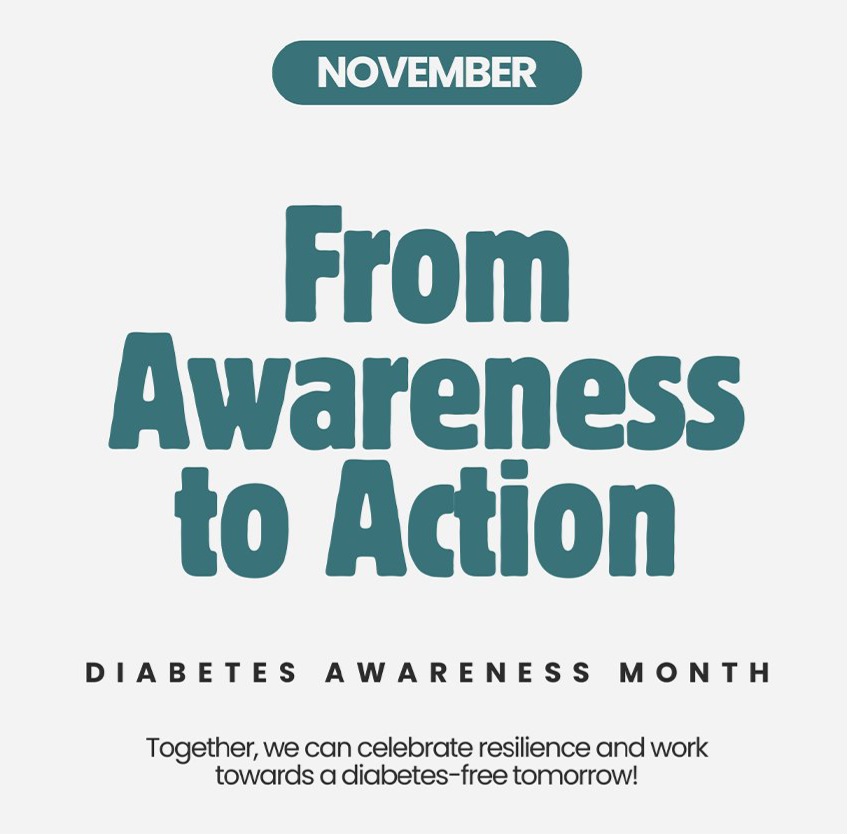August Health Myth Busters
1. Grief Awareness
●Myth: Grief should only last a few weeks or months.
Fact: Grief has no set timeline—it may take months or years, and that’s normal.
●Myth: Moving forward means forgetting your loved one.
Fact: Moving forward means learning to live with the loss while cherishing memories.
●Myth: It’s best to stay strong and not show emotions.
Fact: Suppressing grief delays healing. Expressing feelings—through talking, journaling, or rituals—is healthier.
●Myth: Grief looks the same for everyone.
Fact: Everyone experiences grief differently. Some may cry, others may feel numb, or swing between emotions.
2. Psoriasis Awareness
●Myth: Psoriasis is contagious—you can “catch” it by touching someone.
Fact: Psoriasis is not contagious—it’s an autoimmune disease triggered by the immune system.
●Myth: Psoriasis is just a cosmetic problem.
Fact: It’s linked to inflammation that can affect the joints (psoriatic arthritis) and overall health.
●Myth: Sunlight always makes psoriasis worse.
Fact: Moderate sun exposure can actually help some people, though too much can cause flares.
●Myth: Stress has no role in psoriasis.
Fact: Stress is a major trigger and can worsen flare-ups. Managing stress is part of treatment.
3. Gastroparesis (Digestive Tract Paralysis)
●Myth: Gastroparesis is just indigestion.
Fact: It’s a serious condition where the stomach empties slowly due to muscle or nerve dysfunction.
●Myth: Only people with stomach problems can get gastroparesis.
Fact: It’s common in people with diabetes, neurological disorders, or after surgery—and even certain medications can trigger it.
●Myth: If you eat less fiber and fat, you’ll be cured.
Fact: Dietary changes can reduce symptoms, but gastroparesis is a chronic condition that needs medical management.
●Myth: Medication absorption is always normal.
Fact: Gastroparesis delays absorption of oral medications, making blood sugar or pain management unpredictable.
●Myth: Women and men are equally affected.
Fact: Women are more commonly diagnosed, possibly due to hormonal and motility differences.
4. Children’s Eye Health & Safety
●Myth: Kids will always say if they can’t see properly.
Fact: Many children don’t realize they have vision issues, which can silently affect school performance.
●Myth: Screen time only affects concentration, not eyes.
Fact: Prolonged screen time causes eye strain, dryness, and blurred vision in children.
●Myth: Sunglasses are only for adults.
Fact: Children’s eyes are more sensitive to UV rays, and sunglasses help prevent future eye damage.
●Myth: Eating carrots is enough to protect a child’s vision.
Fact: Carrots are good, but a balanced diet rich in Vitamin A, lutein, and omega-3s is best.
●Myth: Sports injuries to the eyes are rare in children.
Fact: Eye injuries are common in kids’ sports but 90% are preventable with protective gear.











































































































